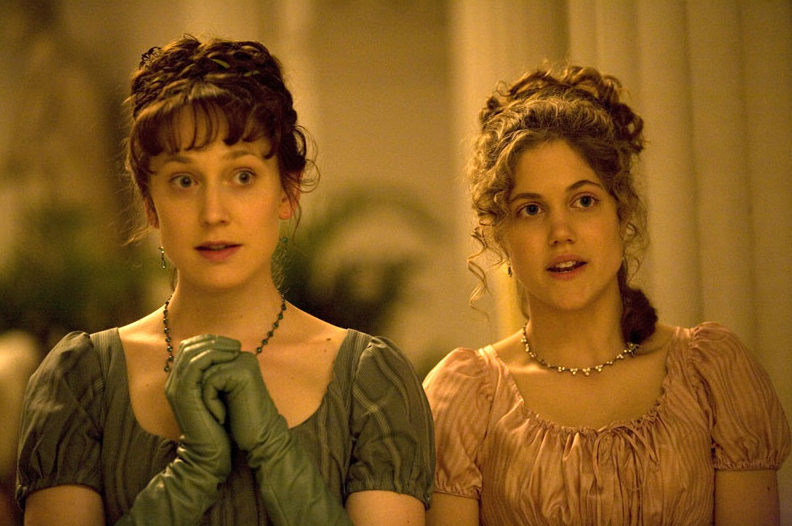My hometown has recently been hit with a barrage of ads for the local high-end theatre’s production of Sense and Sensibility. Like all of Jane Austen’s works, the novel manages to marry everyone off, but only after bringing the characters through the harrowing ups and downs of uncertain romantic relationships.
As I was reflecting on the story, I realized how the two main characters – Elinor and Marianne – are perfect examples of the different approaches taken toward emotions throughout history.
Elinor, the elder of the two sisters, reflects the classic view of emotions. She sets aside an aching heart and numerous personal slights in order to encourage her family and see that they are not dragged down by her troubles. Like George Washington, she is an individual of “great self-command,” who controls her emotions even when it is extremely difficult.
Her sister Marianne is the exact opposite. She faces her great trial with uncontrollable weeping and wailing, unafraid to suck others into the vortex of her sorrow.
For better or for worse, Marianne is a perfect example of today’s society, whose every action seems to hinge on some sort of emotional outbreak.
Been offended? Proclaim it from the housetops… or at least from Facebook and Twitter.
Feeling marginalized at college? Demand a safe space.
Need some way to express your anger at police violence? Loot a store or riot in the streets.
It would seem that the repeated commands we’ve been fed in recent years to “let it all hang out,” or “express what you’re feeling” have been taken to heart.
But considering that self-command over one’s emotions was believed to be the wiser course for years, we should ask ourselves whether our full blown embrace of emotions is a good thing.
Is it possible that we have embraced the emotional outpouring in life because it is one of the few weapons with which we have left to work? Have we marginalized rational thinking and reasonable discourse to such an extent that the only way we can get our point across is to yell, scream, cry, or rant?
Although it’s never stated outright, Jane Austen’s Elinor is clearly portrayed as the stronger sister because of the control she exhibits over her emotions. Perhaps Americans would be stronger as a nation if more of her citizens stopped playing up their emotions and instead practiced greater self-command.
Image Credit: Fanpop
















1 Comment
Newlywedbeth
September 27, 2024, 6:02 pmChristopher Rufo's video on the Cluster B society would agree. It doesn't bode well for our future.
REPLY